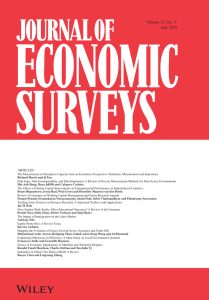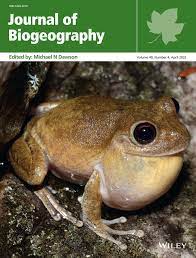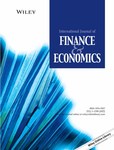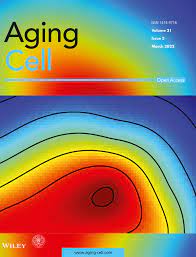A study purportedly of scars left by caesarean sections included women yet to undergo the surgery, say sleuths. But an investigation into the research by the author’s employer and the journal that published it found no evidence of research misconduct.
The paper, published in Wiley journal Ultrasound in Obstetrics and Gynecology, was flagged on PubPeer in February by Ben Mol, an ob-gyn researcher at Monash University in Australia whose efforts have led to scores of retractions and corrections, and Jim Thornton, emeritus professor of obstetrics and gynecology at the University of Nottingham, in the UK. The study looks at how the scar left behind on a woman’s uterus after a c-section is affected by the dilation of her cervix at the time of the procedure.
Continue reading A study of C-section scars – in women who hadn’t undergone the surgery





